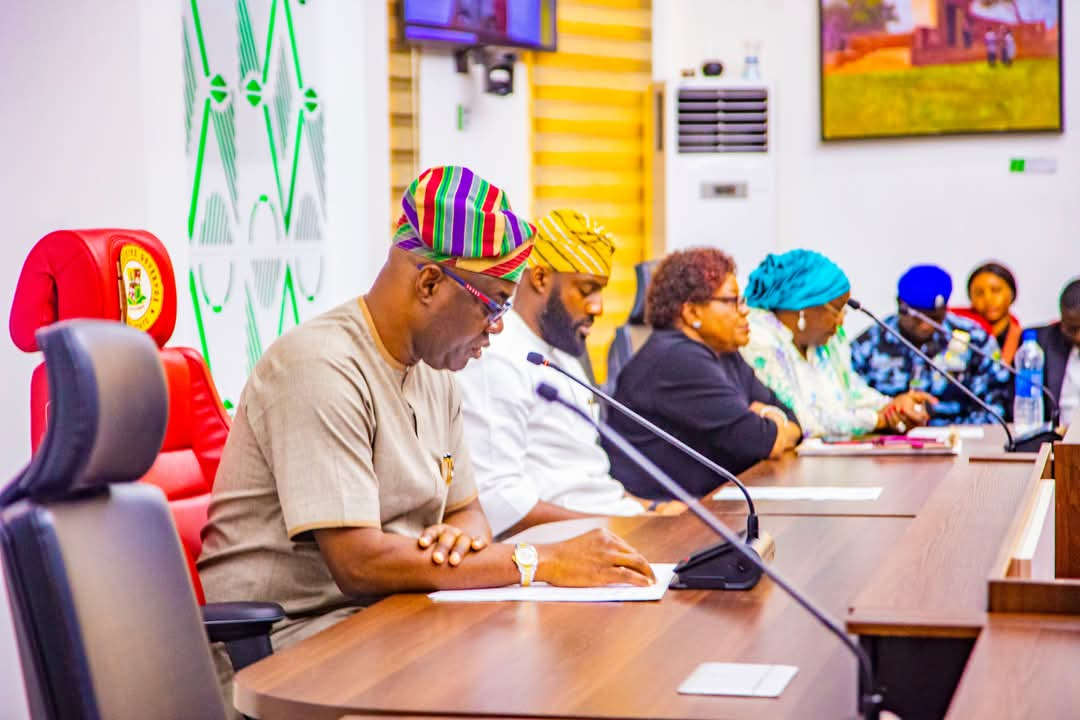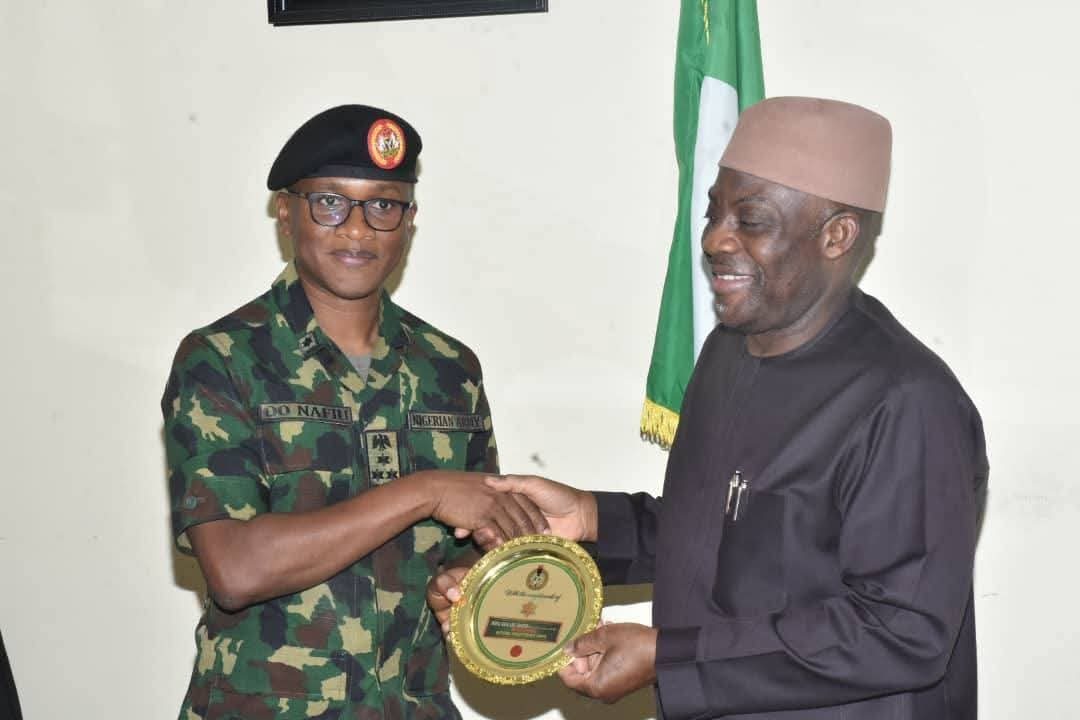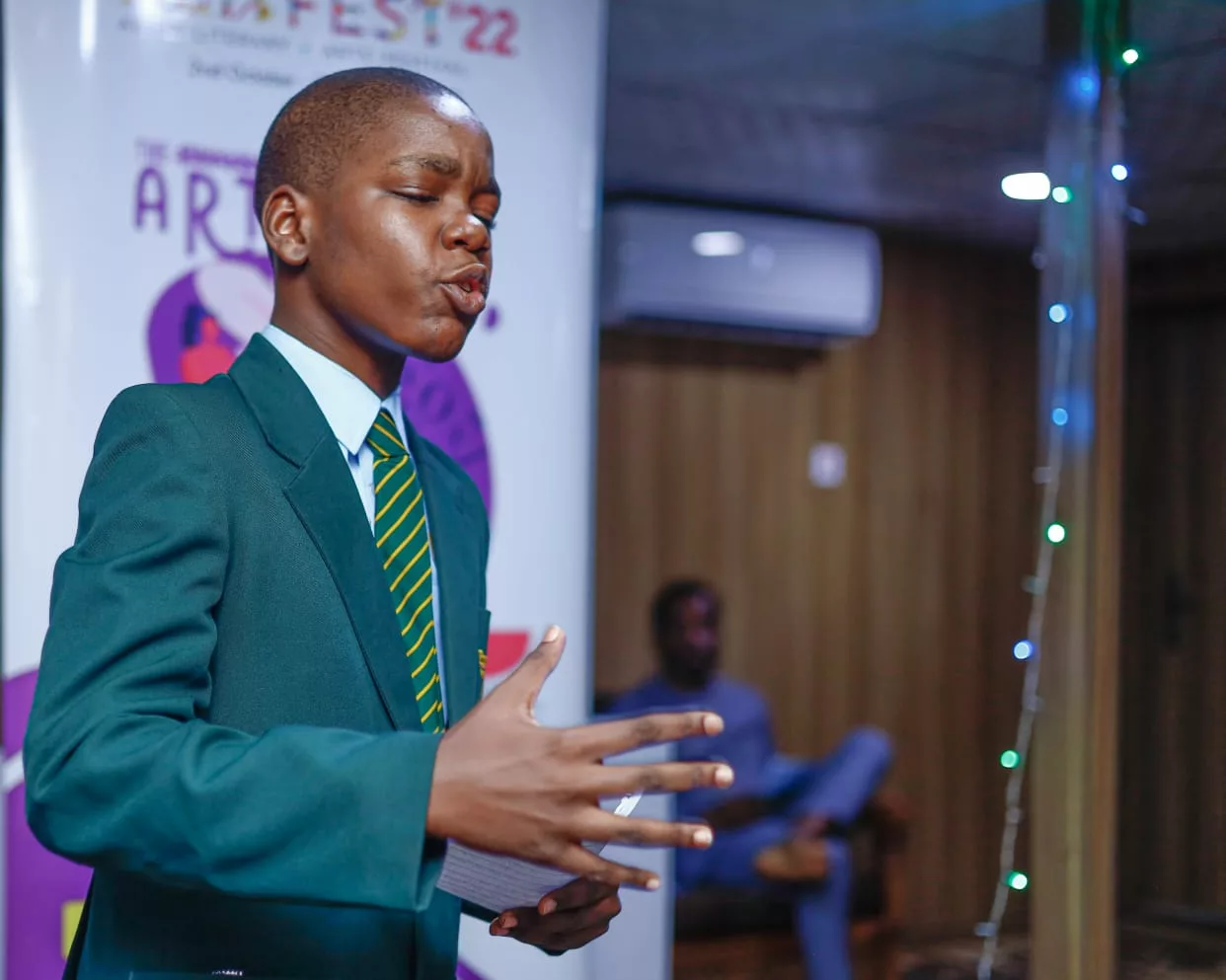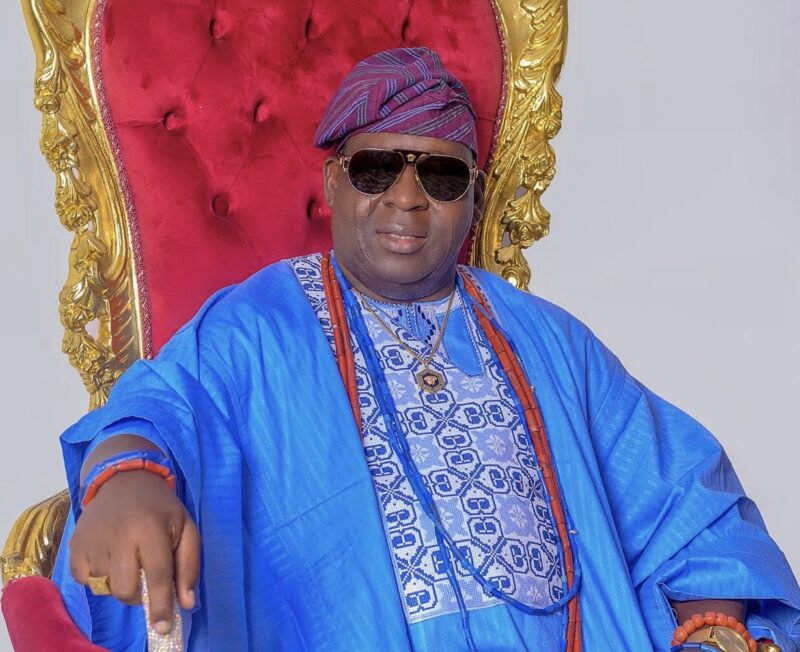Stakeholders in the South-South region of Nigeria are raising urgent concerns over the increasing rate of bullying in secondary schools, calling for improved reporting and stronger measures to curb the menace.
This comes after a survey conducted in Rivers, Akwa Ibom, and Cross River States revealed that many incidents go unreported.
Bassey Akpan, a retired school principal in Uyo, described bullying as “a hydra-headed monster staring the school system in the face.”
Akpan, who previously served as an executive officer of the All Nigerian Confederation of Principals of Secondary Schools (ANCOPSS), urged school authorities to take firm stances.
“School authorities should stand firm in condemning bullying and meting adequate punishments on perpetrators,” he emphasized.
Sunday Akpan, a vice principal at a technical college in Akwa Ibom, echoed this sentiment, recommending penalties such as suspensions or fines for parents of bullies.
He stressed, “To tackle bullying, the students involved should be penalised.”
Civil rights activist Bassey Emenim pointed to the lack of effective reporting as a core issue, stating, “We must encourage effective reporting and documentation of bullying. We must also sensitise school children to the need to stay away from bullying.”
Parents are also sharing personal experiences. Charles Inyang, a Uyo resident, revealed that his 13-year-old son faced bullying by senior students. “We need to all speak up. Bullying is dangerous; it can lead to both physical and emotional injuries,” he warned.
In private boarding schools, vigilance is also necessary. Ubokmfon Williams, chairman of the National Association of Proprietors of Private Schools (NAPPS), acknowledged, “Most cases of bullying occur after school hours. With the right supervision and vigilance, the right interventions will be made.”
Public affairs analyst MacFarlane Ejah called for accountability beyond schools, noting how bullying extends into society: “We need to start asking ourselves what our laws say about bullying. Are there people who are spared because of their status in society?”
Experts are advocating for systemic change. Grace Etuk, head of the social works department at the University of Calabar, pointed out that bullying often stems from home aggression. She advised children, “They have to be strong and stand against such behaviours.” Meanwhile, Henrietta Ogoh, a guidance counsellor, linked worsening bullying to gang influence and drug abuse, urging schools to host weekly anti-bullying seminars.
Prince Wiro, of the Centre for Basic Rights and Accountability Campaign, called for collaboration with security agencies: “School operators should seek collaborations with relevant authorities, including the security agencies, to enlighten students on the dangers of bullying.”
As Isijana Adasi, an education consultant, succinctly concluded, “There is a crucial need for adequate reporting of cases of bullying. Bullying is dangerous and unacceptable.”
The call is clear: schools, authorities, and parents must unite to ensure every child is protected and empowered to thrive.















